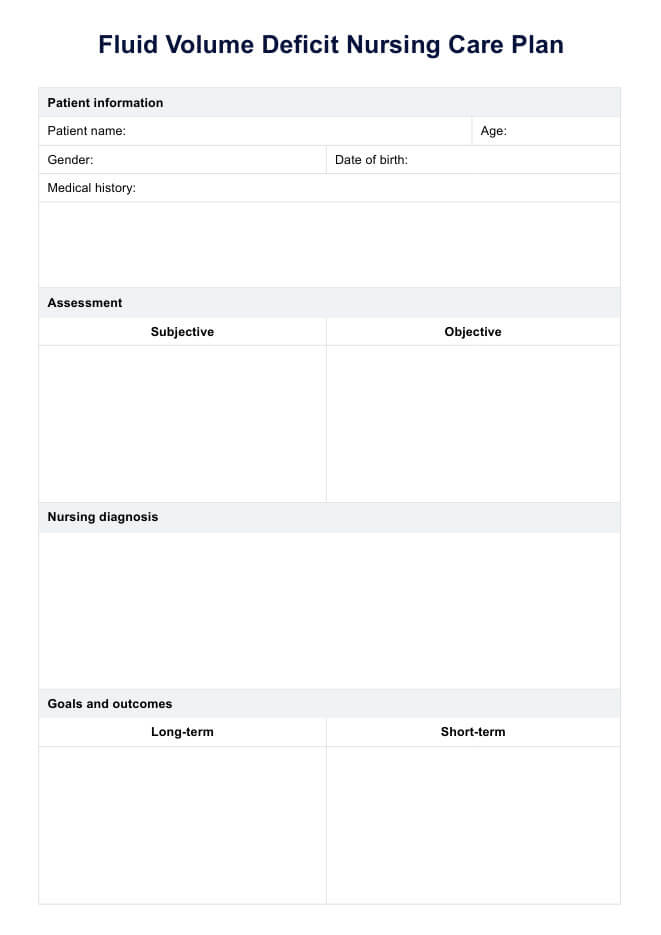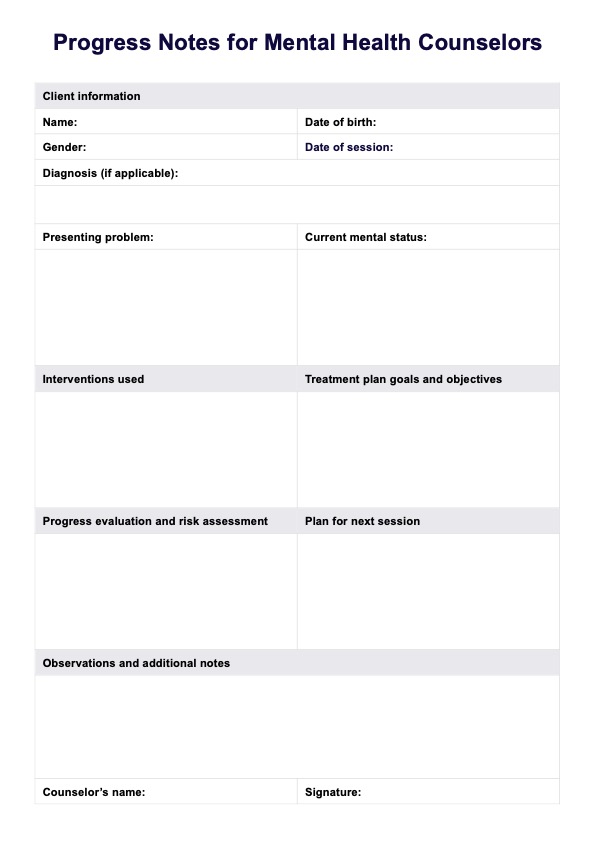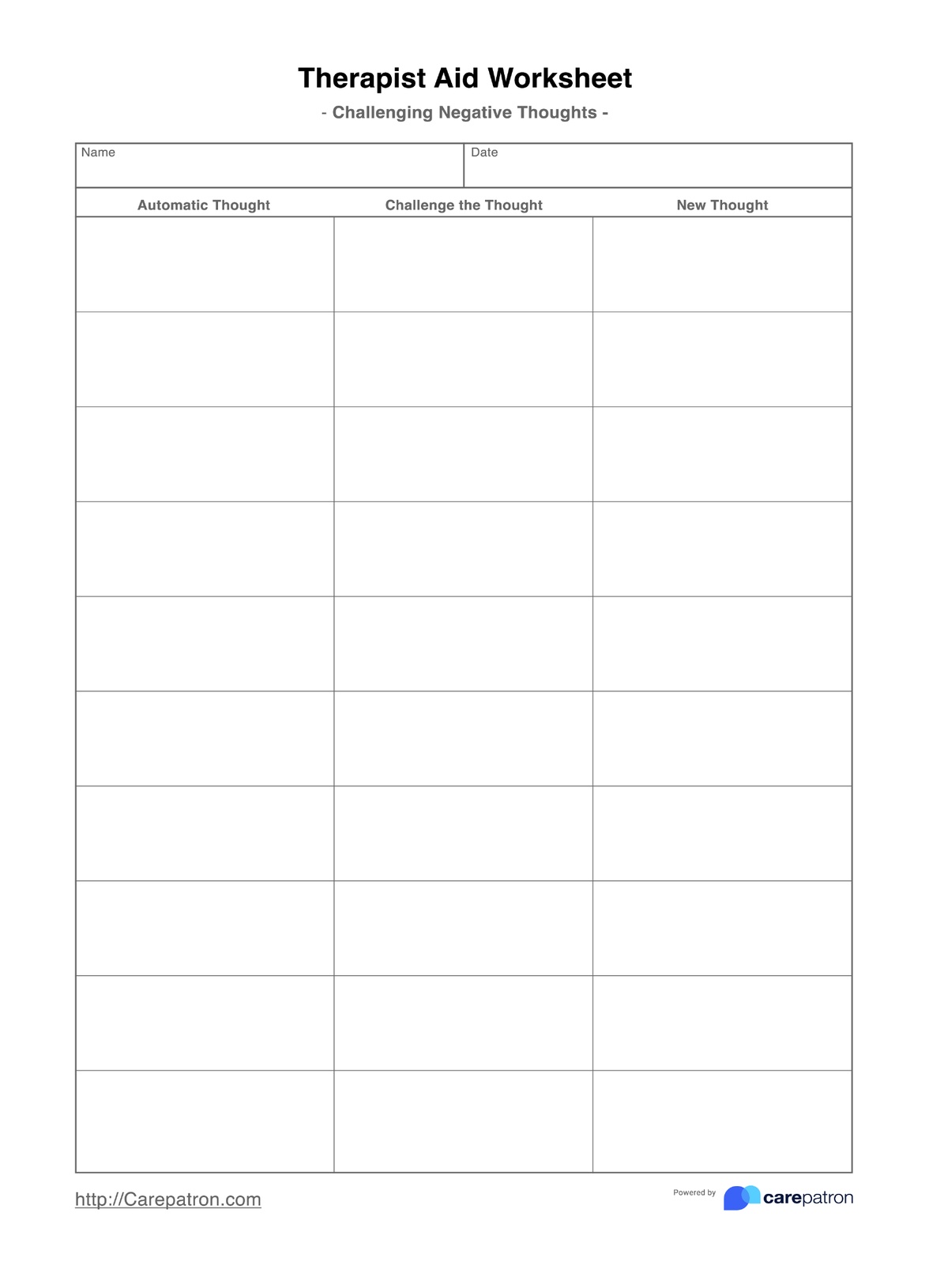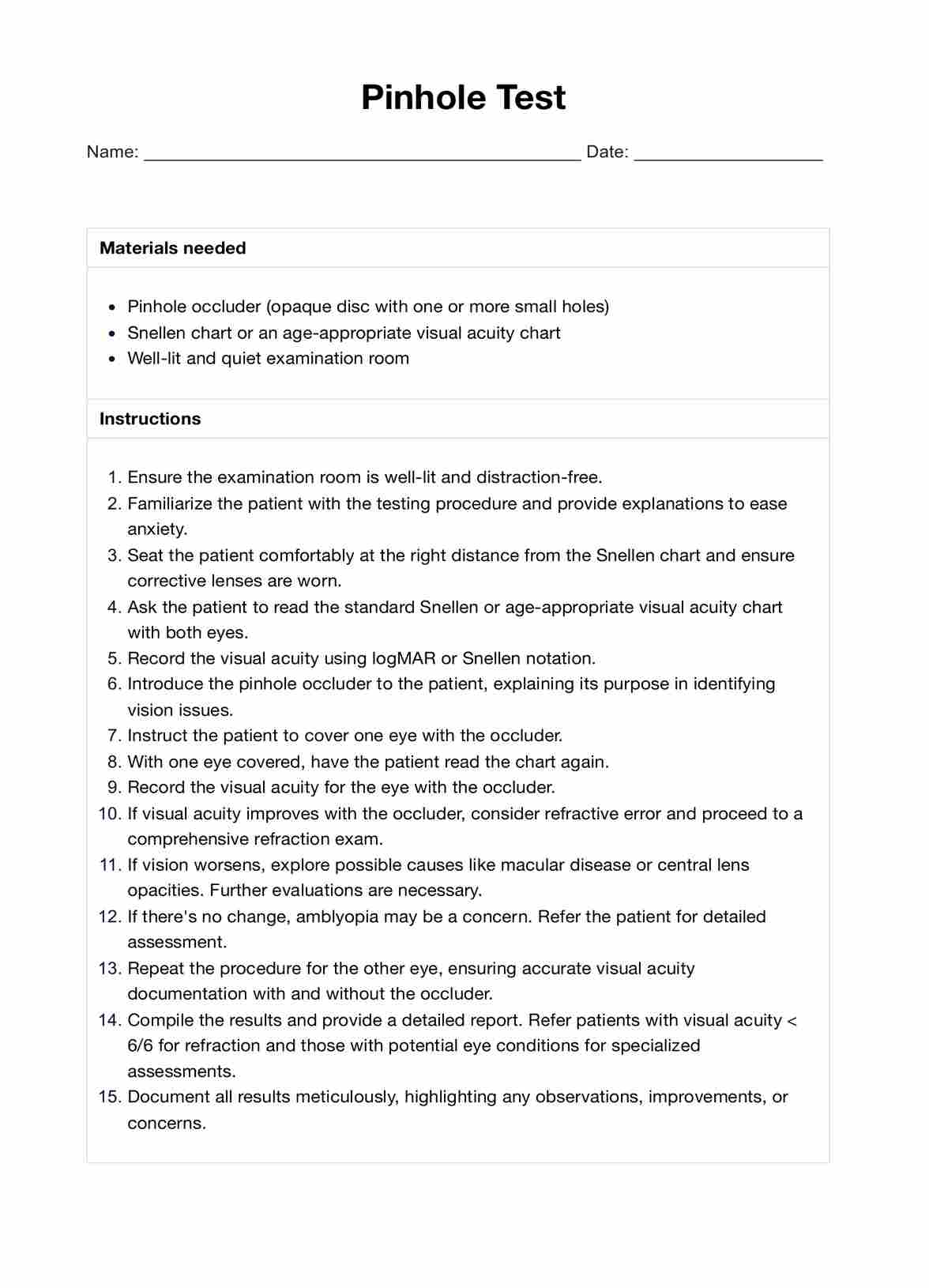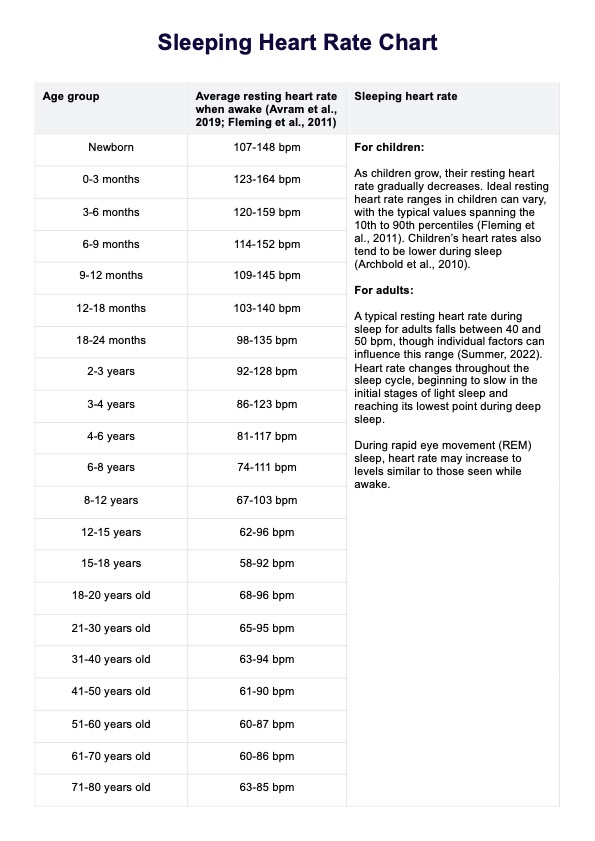Vegetarian Bodybuilding Meal Plan
Download Carepatron's free Vegetarian Bodybuilding Meal Plan PDF and help support patients with plant-based fitness and muscle growth.


Diet plays a critical role in bodybuilding, achieving optimal muscle growth, and maintaining overall health. Nutrition provides the necessary substrates for muscle repair, recovery, and growth, making the selection of appropriate food and supplement intake pivotal (Mielgo-Ayuso & Fernández-Lázaro, 2021). Bodybuilders focusing on a vegetarian or plant-based diet must carefully plan their meals to ensure they receive essential amino acids, typically abundant in animal proteins but less so in plant sources. Vegetarian protein sources such as legumes, quinoa, and nutritional yeast are vital for supplying these amino acids without the need for meat.
Vegetarian Bodybuilding Meal Plan Template
Vegetarian Bodybuilding Meal Plan Example
What is a Vegetarian Bodybuilding Meal Plan?
A well-structured Vegetarian Bodybuilding Meal Plan not only supports the maintenance and increase of muscle mass but also helps manage body weight effectively through a balanced intake of carbohydrates, fats, and proteins. This is particularly important as a vegetarian or vegan diet tends to have lower calorie density, which can be beneficial for bodybuilders looking to lean out but requires careful planning to ensure sufficient calorie intake for muscle gain. Protein supplements can also play a role in meeting daily protein requirements, helping to gain muscle mass efficiently.
The inclusion of diverse food items into a vegetarian bodybuilding diet ensures an adequate supply of micronutrients and antioxidants essential for recovery and overall wellness. Vegan diets, when well-planned, can support bodybuilding goals by aligning calorie intake and macronutrient balance with the demands of training and recovery. For medical professionals advising bodybuilders, understanding the dynamics of a vegetarian or vegan diet in the context of bodybuilding is crucial to guide them effectively in achieving both their dietary and physique goals.
How does our Vegetarian Bodybuilding Meal Plan work?
Implementing a structured nutritional approach is key in supporting bodybuilders' dietary and training goals. Here's how medical professionals can effectively utilize Carepatron's Vegetarian Bodybuilding Meal Plan to enhance patient outcomes.
Step 1: Access and use the template
Click "Use template" to open and customize the Vegetarian Bodybuilding Meal Plan in the Carepatron app. The template is easy to modify and features fillable tables and a sample plan for everyday use. You can also click "Download" to get a fillable PDF copy.
Step 2: Introduce the meal plan to the patient
Once the template is accessed, introduce the Vegetarian Bodybuilding Meal Plan to the patient. Discuss its components and how it aligns with their health and fitness goals, ensuring they understand the structure and purpose.
Step 3: Create an effective meal plan for the patient
Tailor the meal plan according to the patient's dietary requirements, caloric needs, and preferences. This customization ensures the meal plan supports their bodybuilding goals while adhering to a vegetarian diet.
Step 4: Provide patient education and next steps
Educate the patient on the importance of adhering to the meal plan, discussing the benefits and potential challenges. Provide guidance on integrating the plan into their daily routine and suggest regular follow-ups to track progress and adjust as needed.
Foods to include in a Vegetarian Bodybuilding Meal Plan
For vegetarian and vegan bodybuilders, constructing a meal plan that supports muscle growth while aligning with dietary preferences requires incorporating a variety of plant-based proteins and other essential nutrients. Key staples such as brown rice, soy milk, and almond milk provide a solid foundation for a balanced diet, offering both carbohydrates and proteins. High-quality plant proteins like tofu, tempeh, seitan, and newer meat alternatives are crucial for muscle protein synthesis and can significantly contribute to muscle gains (Amatori et al., 2023).
Including a range of complete proteins, which contain all essential amino acids, is vital. Options like quinoa and soy yogurt, which can be included in a protein shake, are excellent choices for vegan meal plans. Nut butter, such as almond or cashew butter, offers healthy fats and additional protein, supporting overall muscle health and contributing to the caloric density needed for muscle building. Vegan bodybuilders often rely on dietary supplements and protein powders made from peas, rice, or hemp to ensure they meet their protein requirements effectively.
Besides protein, integrating sources of healthy fats from avocados, almond butter, and seeds (i.e., hemp seeds and pumpkin seeds for variation) enhances the absorption of fat-soluble vitamins and provides energy for longer training sessions. A diverse intake of these foods promotes health benefits and ensures that vegan bodybuilders achieve a well-rounded diet conducive to achieving their physique goals.
Benefits of using this meal plan
Carepatron's Vegetarian Bodybuilding Meal Plan offers several advantages for medical professionals advising patients on nutritional strategies. This comprehensive plan simplifies the process of ensuring that vegetarian and vegan bodybuilders meet their specific dietary needs for muscle tissue development and overall health. One key benefit is emphasizing a balanced vegetarian diet that is rich in nutrients. These plant-based foods provide many vitamins and minerals essential for optimal health.
The meal plan facilitates precise protein intake management, which is crucial for patients looking to build muscle or lose weight effectively. It carefully incorporates complete protein sources, which is also vital for vegetarian bodybuilders who need to understand how much protein is necessary for muscle repair and growth. This is particularly beneficial in a vegan meal plan, where obtaining sufficient protein from plant-based sources can be challenging.
Moreover, this tool aids professionals in delivering tailored advice on weight gain and maintaining a healthy body composition through a plant-based diet. It also supports the goal of enhancing human health by promoting a diet that is effective for bodybuilding and sustainable and health-promoting in the long term.
References
Amatori, S., Callarelli, C., Gobbi, E., Bertuccioli, A., Donati Zeppa, S., Sisti, D., Rocchi, M. B. L., & Perroni, F. (2023). Going vegan for the gain: A cross-sectional study of vegan diets in bodybuilders during different preparation phases. International Journal of Environmental Research and Public Health, 20(6). https://doi.org/10.3390/ijerph20065187
Mielgo-Ayuso, J., & Fernández-Lázaro, D. (2021). Nutrition and muscle recovery. Nutrients, 13(2), Article 294. https://doi.org/10.3390/nu13020294
Commonly asked questions
Being a vegetarian bodybuilder presents unique challenges but is entirely feasible with careful dietary planning. Ensuring a balanced intake of proteins, carbohydrates, and fats from vegetarian sources is crucial to meeting bodybuilding nutritional needs.
One of the main hurdles for vegetarian bodybuilders is obtaining enough protein from exclusively plant-based sources to support muscle growth and recovery. Additionally, ensuring that all essential amino acids are consumed requires more diverse food selections and careful meal planning.
Legumes, tofu, tempeh, seitan, quinoa, and nuts are excellent vegetarian foods for bodybuilding due to their high protein content and essential nutrients. Foods like spinach and sweet potatoes also support muscle function and energy levels, making them staples in a bodybuilder's diet.
Vegetarian bodybuilders can obtain protein from various plant-based sources, such as lentils, chickpeas, quinoa, tofu, and tempeh, which are rich in protein and other essential nutrients. Incorporating protein powders derived from peas, rice, or hemp can also help them meet their daily protein requirements efficiently.


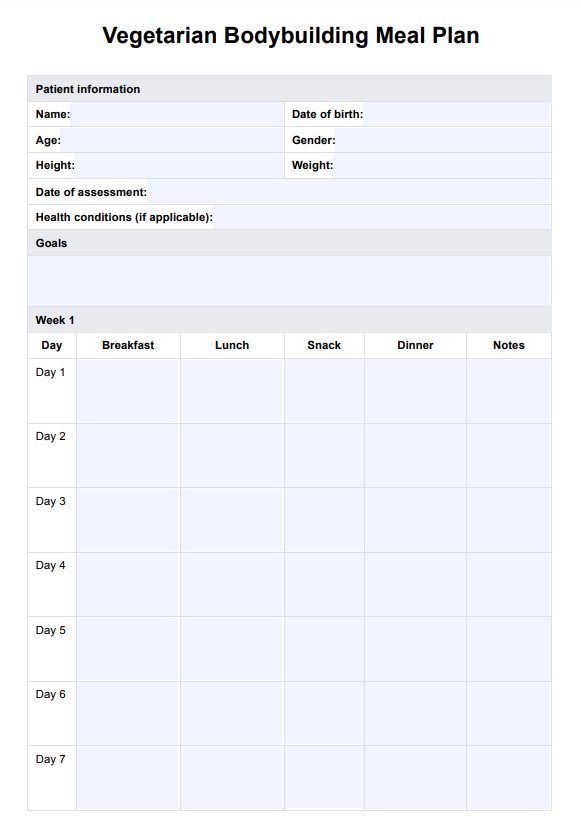
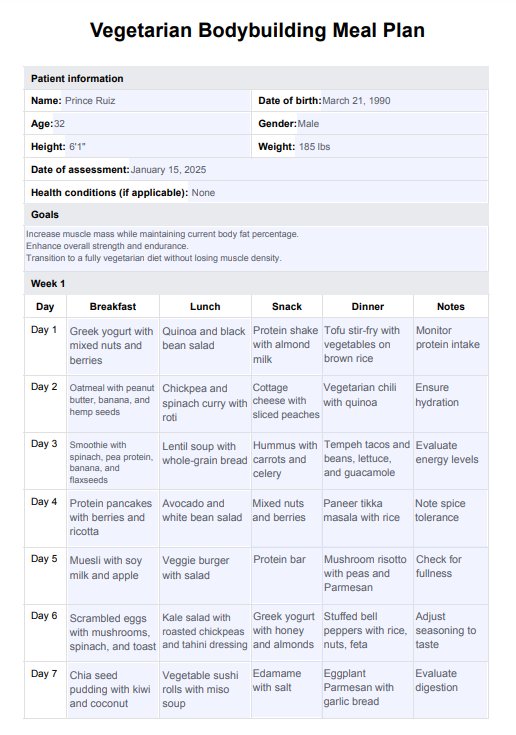












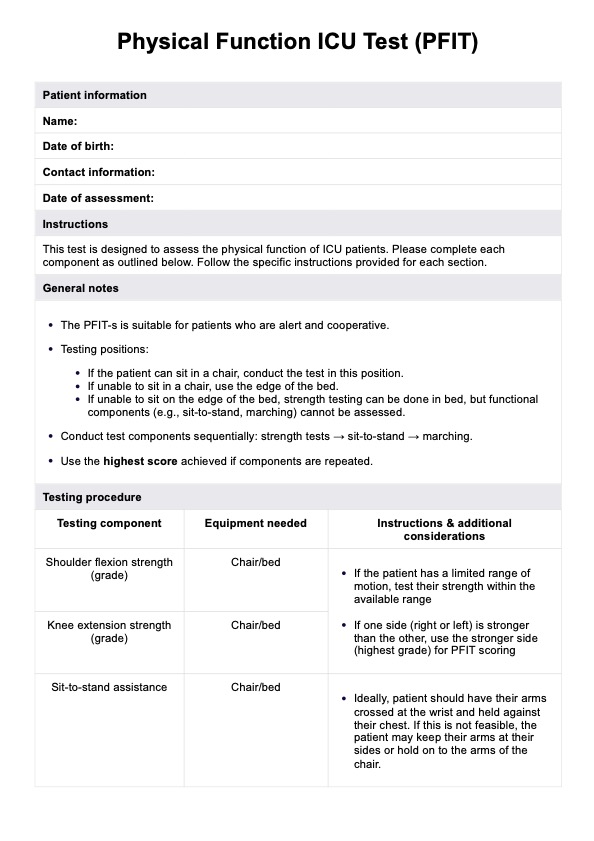





-template.jpg)

















































































